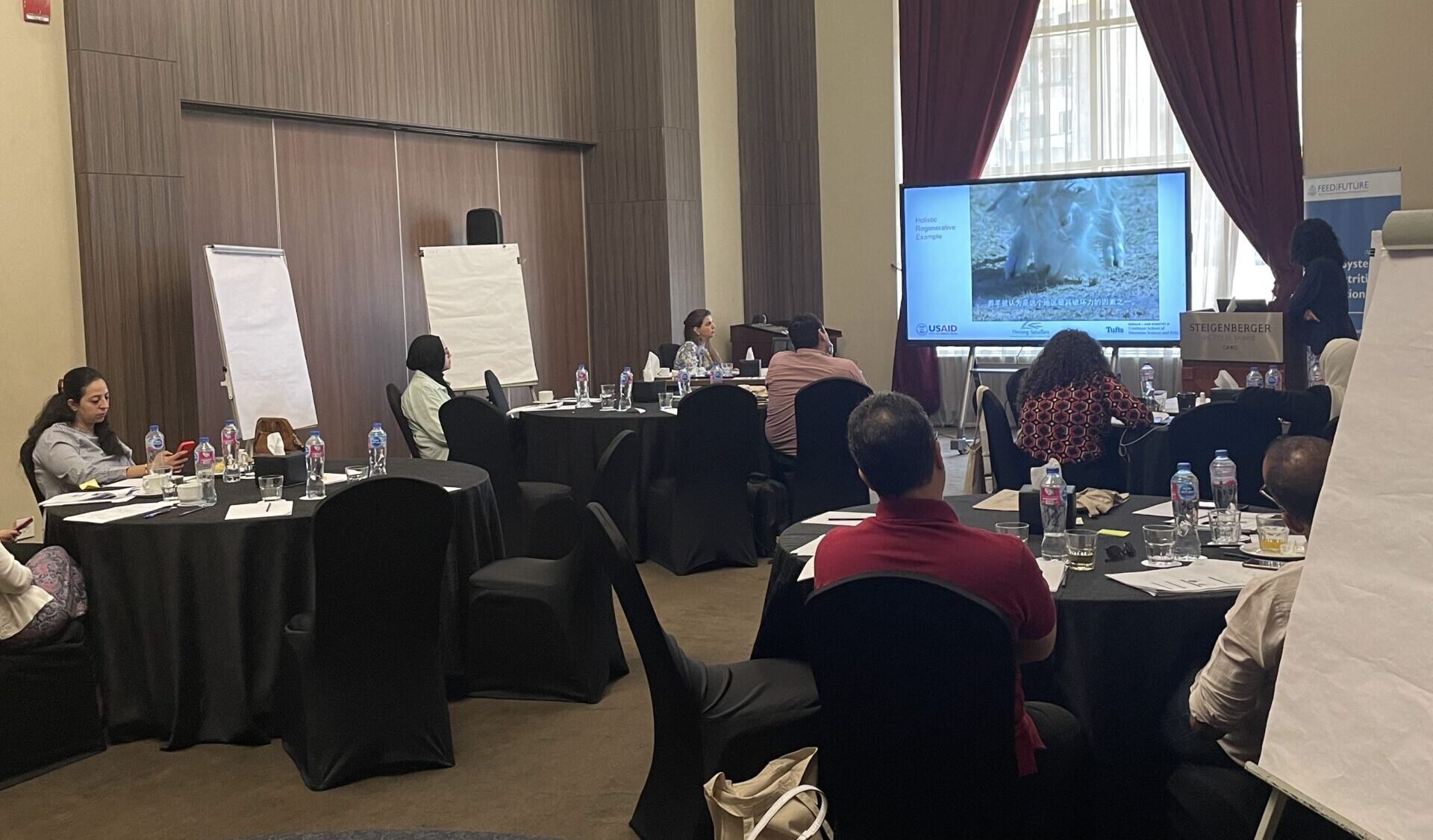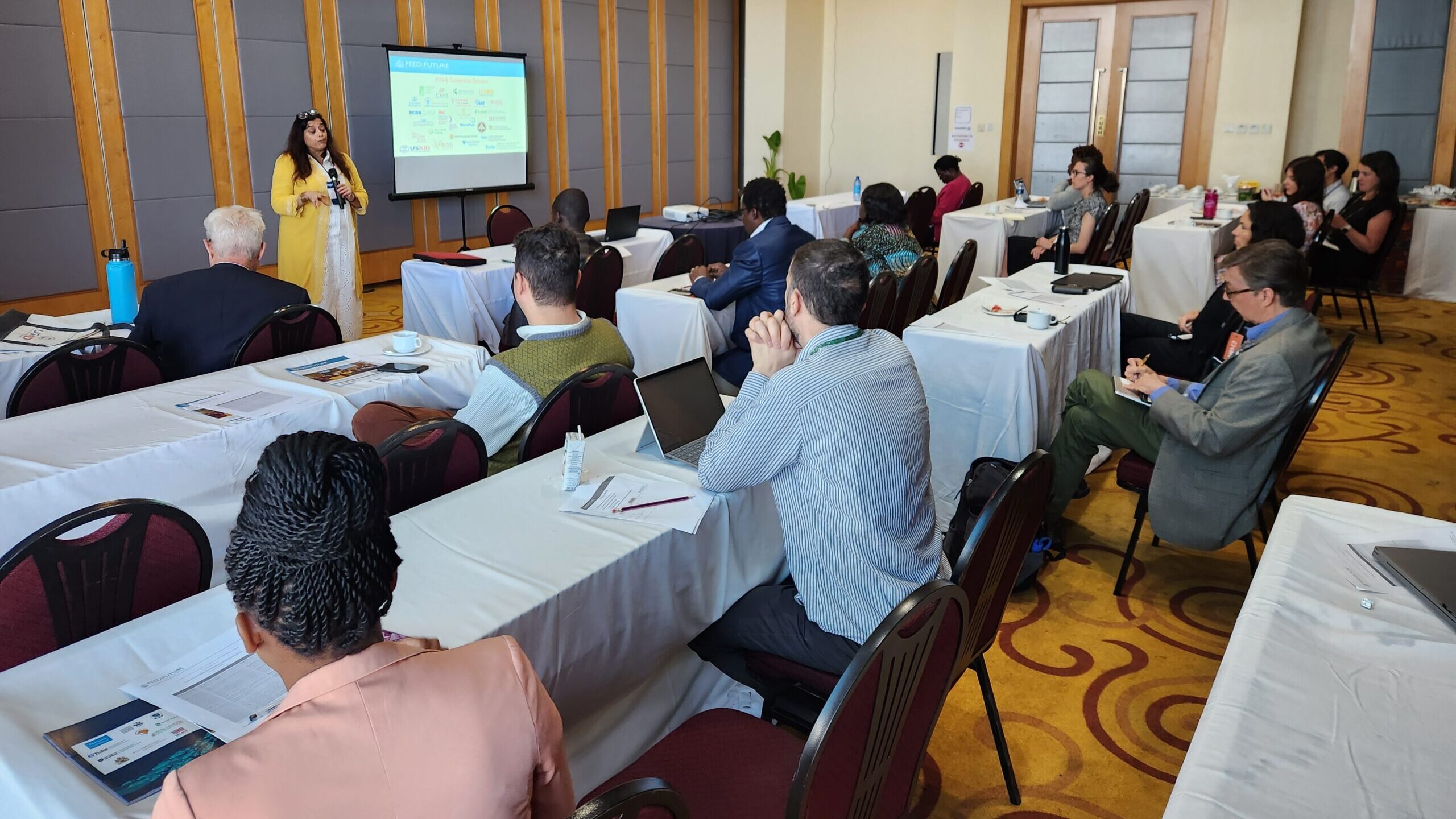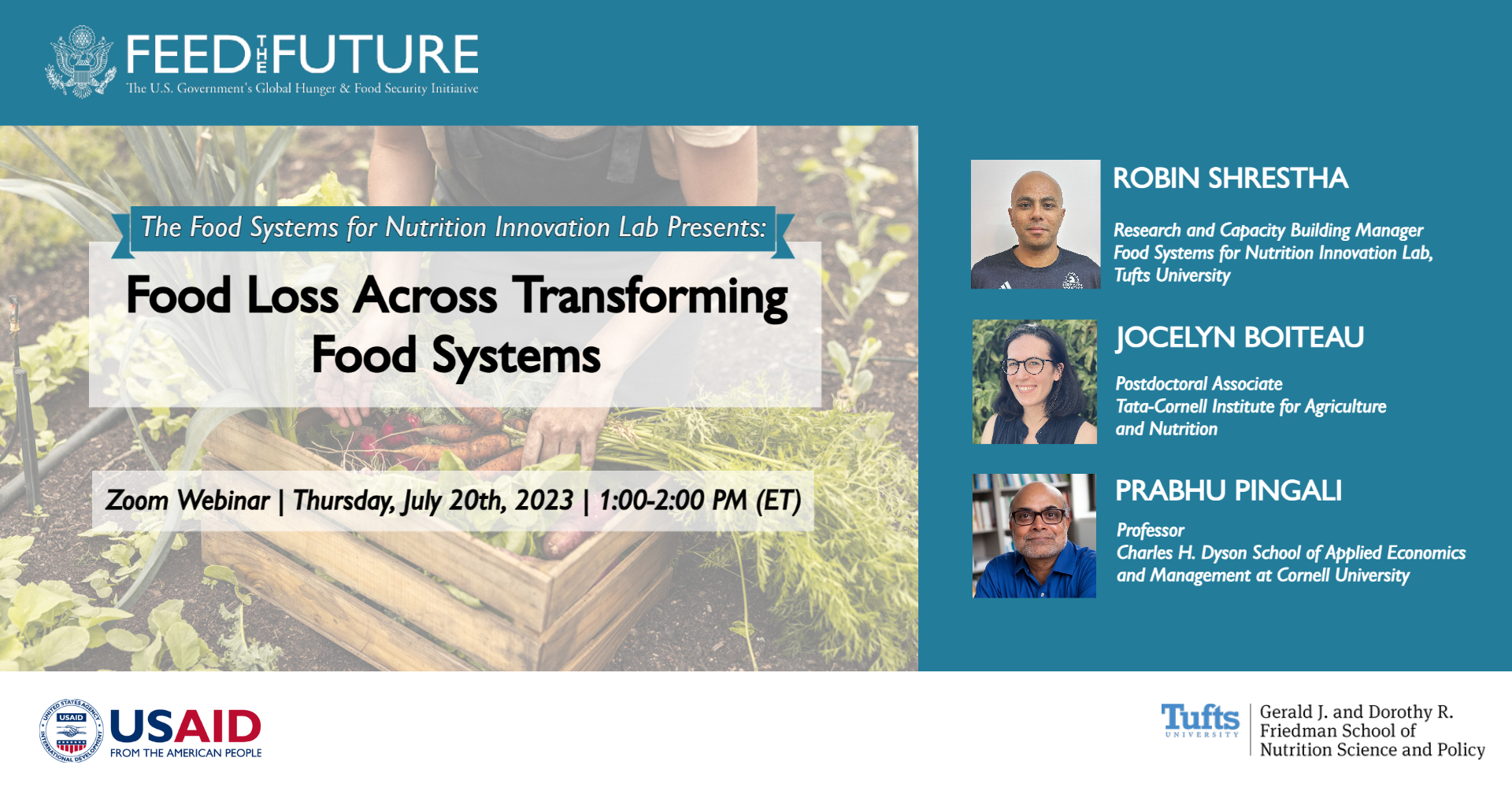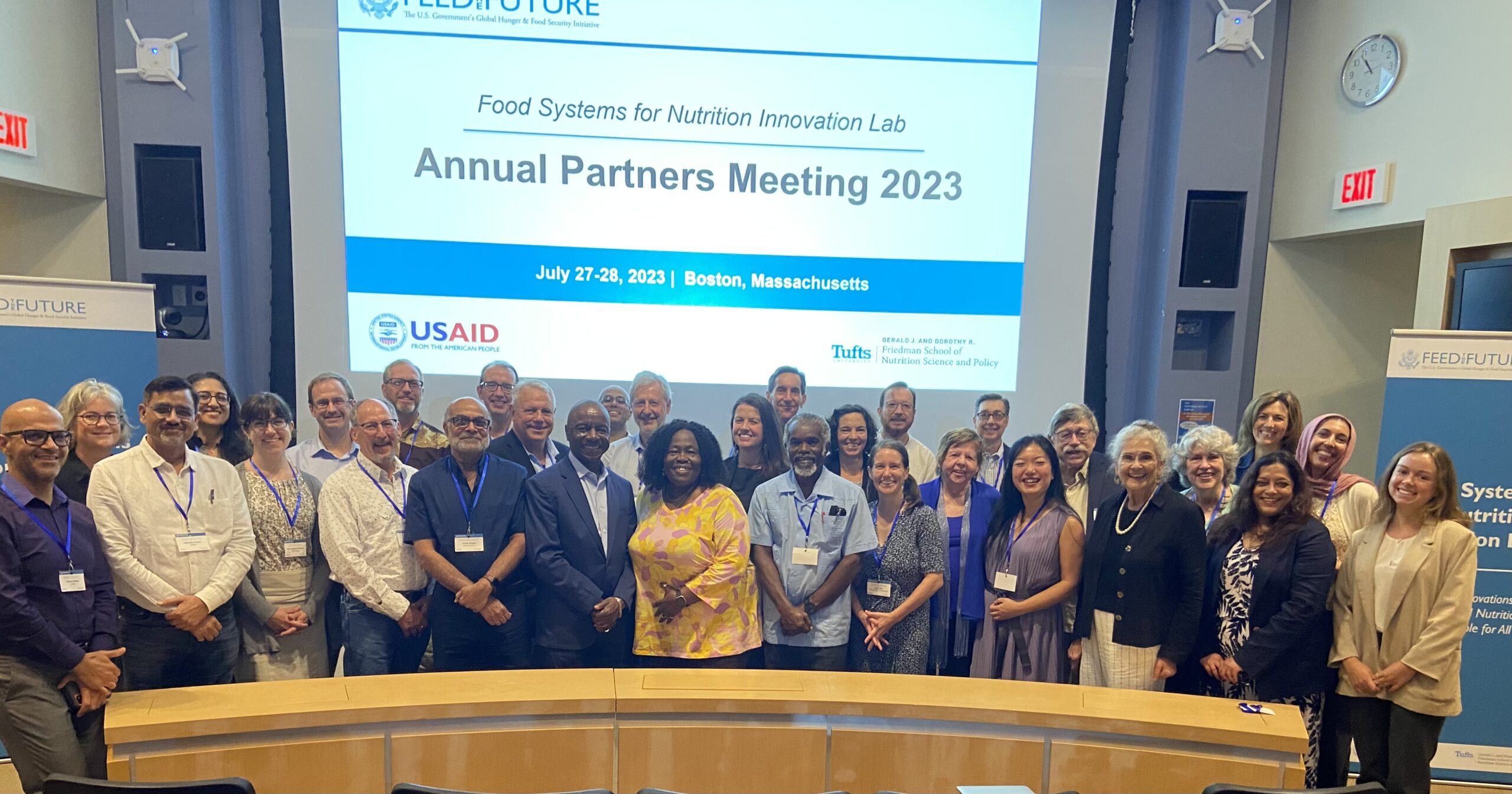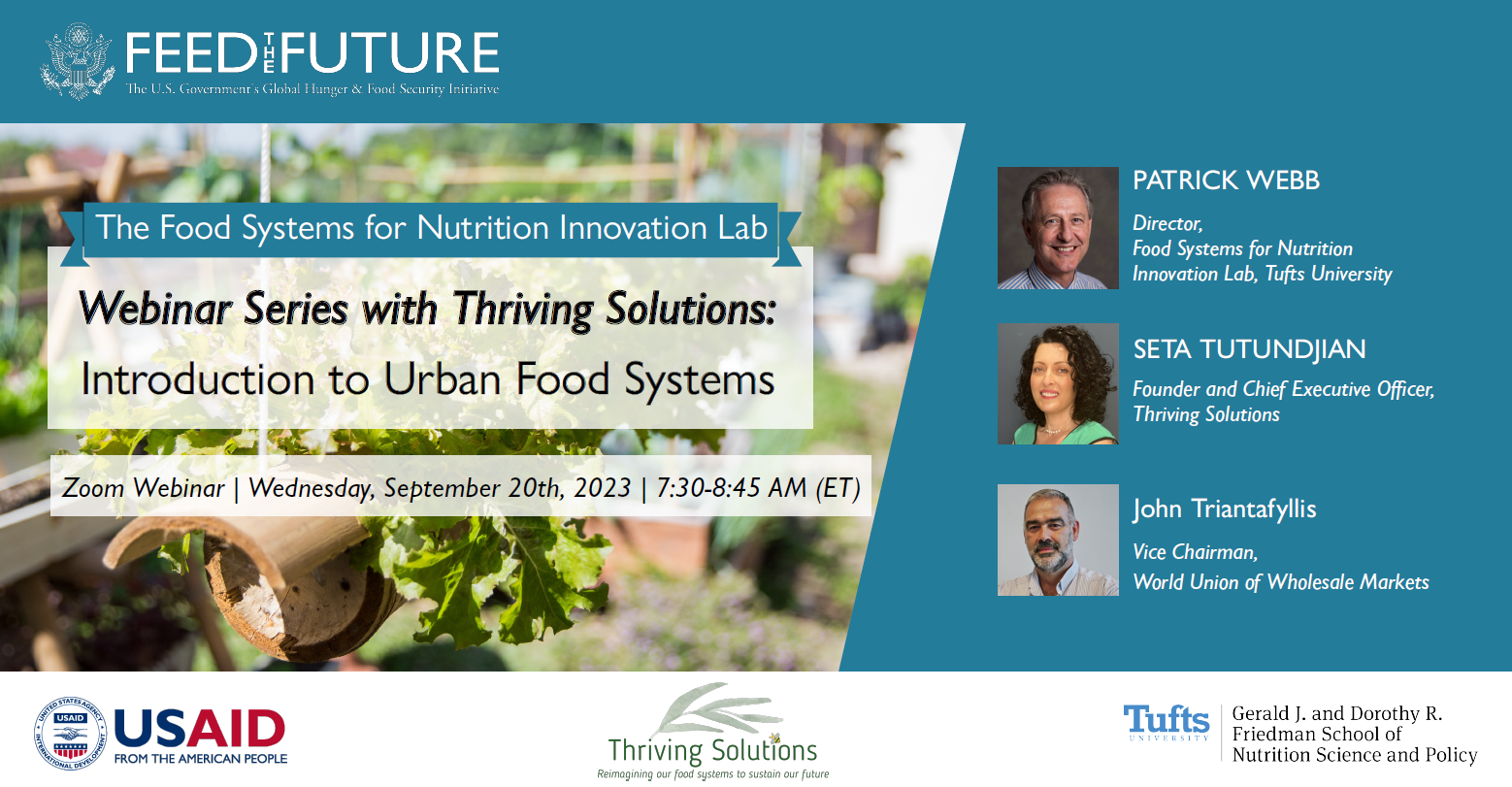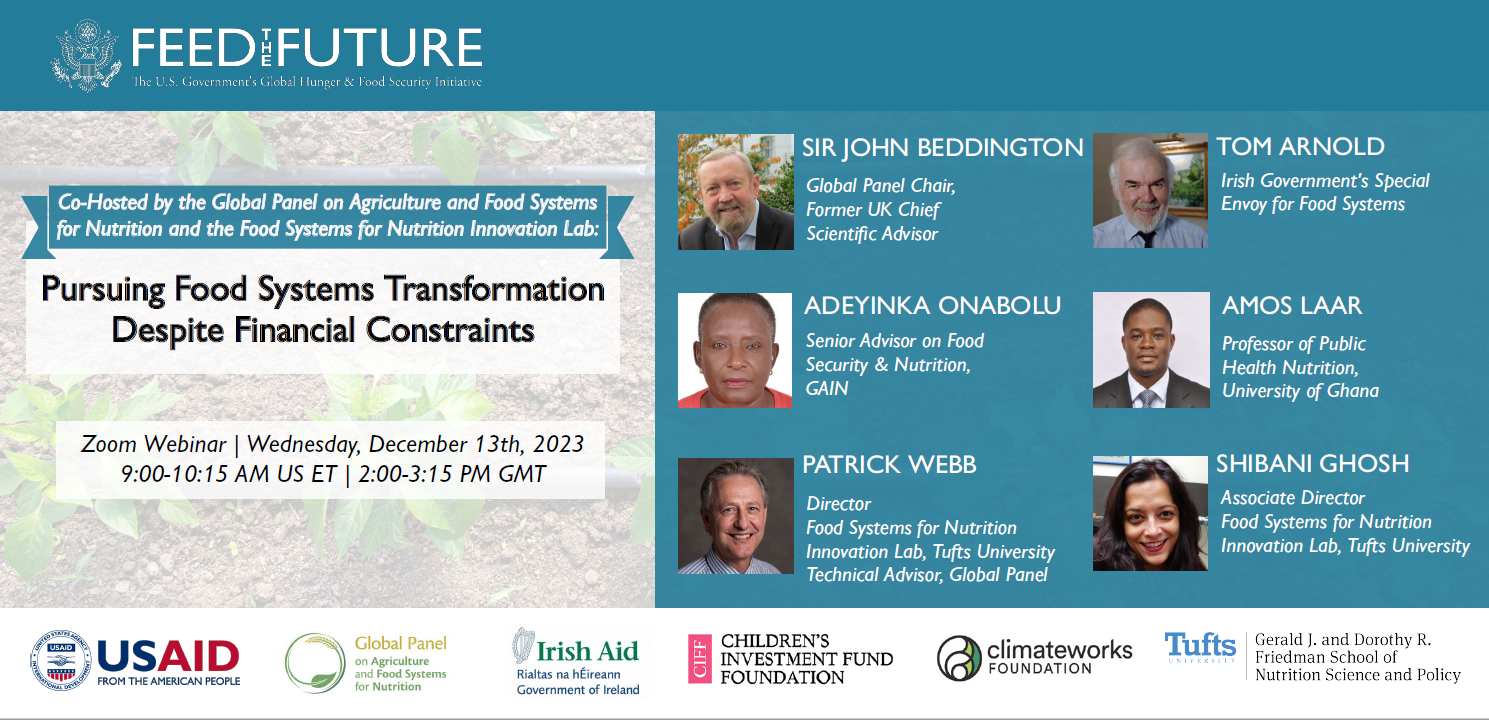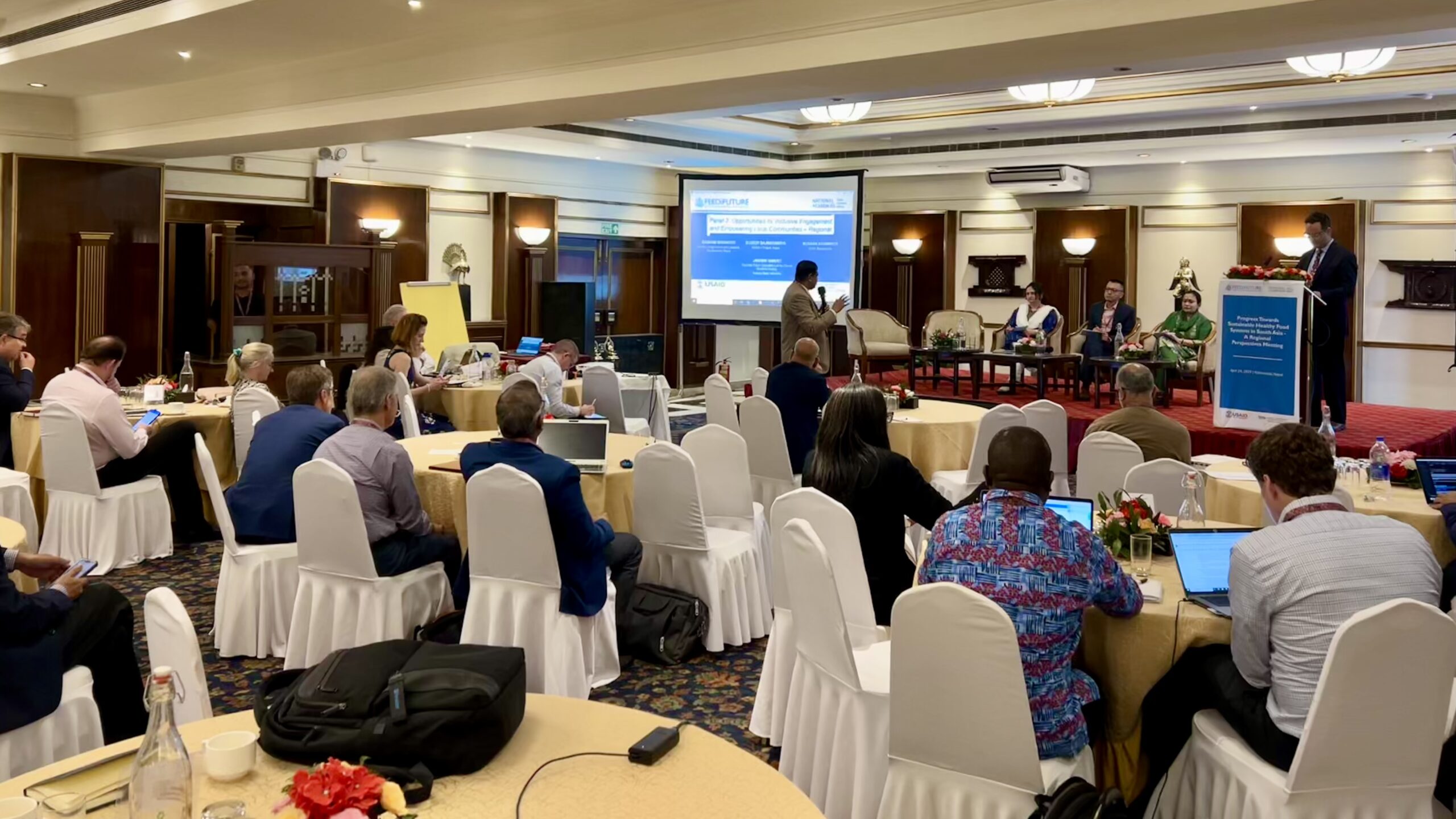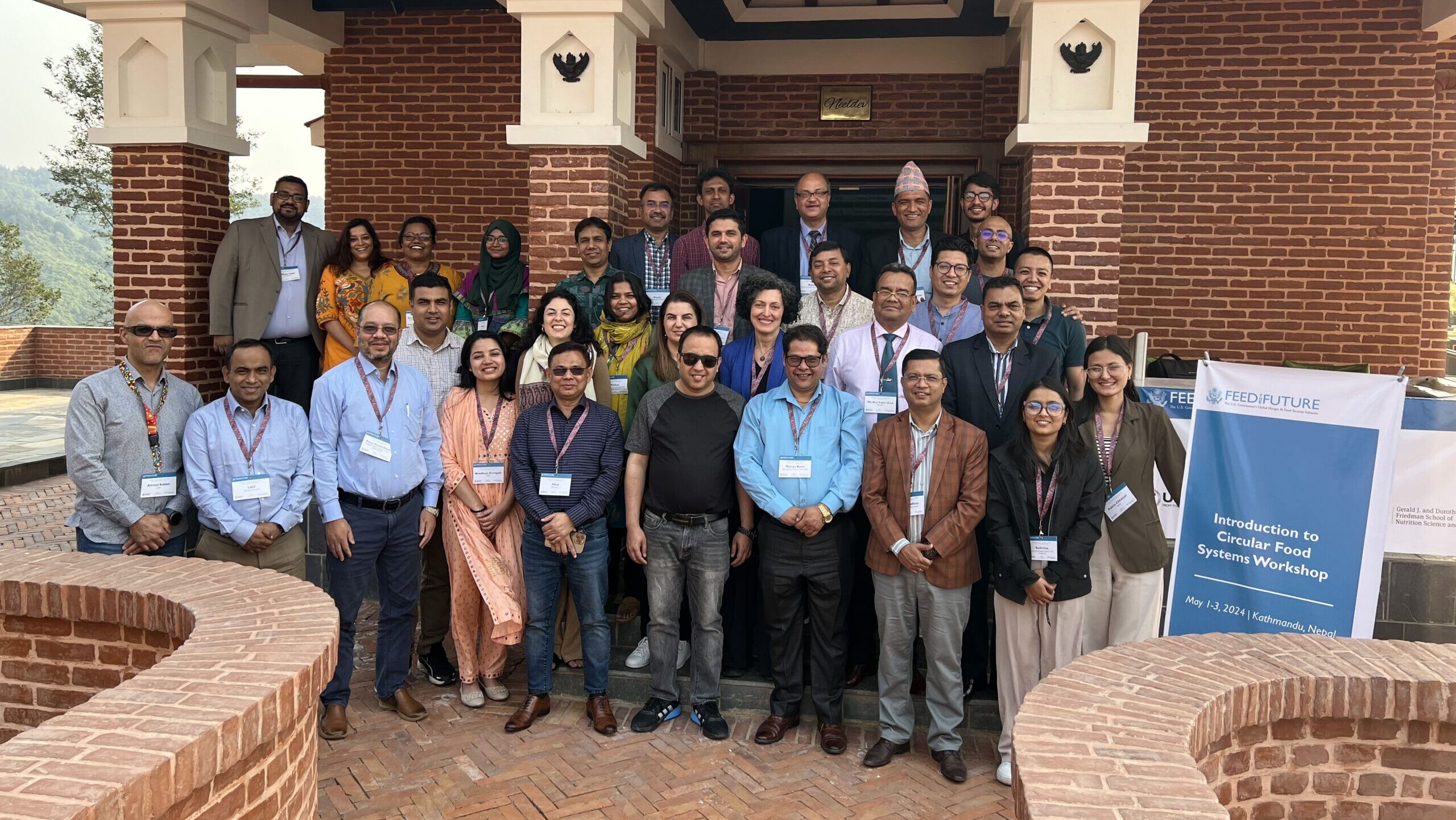Introduction to Circular Food Economy Workshop
Cairo, EgyptThe three-day workshop organized by the Feed the Future Food Systems for Nutrition Innovation Lab and conducted by Thriving Solutions, was held from June 18-20 at the Steigenberger Hotel El Tahrir in Cairo, Egypt. The 3-day workshop (15 hours in total) included 40% theoretical and 60% interactive sessions with real-life case studies and examples. Over […]

